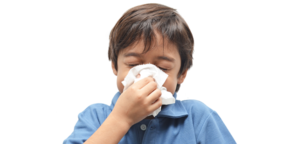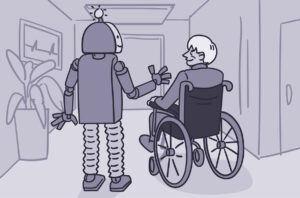| Respiratory System | ||
| Pneumonitis | Radiation pneumonitis develops 2-3 months after start of treatment.
After 6-12 months, fibrosis occurs and is evident on x-ray. Side effect of some chemotherapy drugs. |
Monitor for dry, hacking cough; fever; and exertional dyspnea. |
| Cardiovascular System | ||
| Pericarditis and Myocarditis | Inflammation secondary to radiation injury.
Complication when chest wall is irradiated. May occur up to 1 yr after treatment. Side effect of some chemotherapy drugs |
Monitor for clinical manifestations of these disorders (e.g., dyspnea) |
| Cardiotoxicity | Some chemotherapy drugs (e.g., anthracyclines, taxanes) can cause ECG changes and rapidly progressive heart failure | Monitor heart with ECG and cardiac ejection fractions.
Drug therapy may need to be modified for symptoms or deteriorating cardiac function studies |
| Biochemical | ||
| Hyperuricemia | Increased uric acid levels due to chemotherapy-induced cell destruction.
Can cause secondary gout and obstructive uropathy |
Monitor uric acid levels.
Allopurinol may be given as a prophylactic measure. Encourage increased fluid intake |
| Psychoemotional | ||
| Fatigue | Anabolic processes result in accumulation of metabolites from cell breakdown. | Assess for reversible causes of fatigue, and address them as indicated.
Reassure patient that fatigue is a common side effect of therapy. Encourage patient to rest when fatigued, to maintain usual lifestyle patterns as much as possible, and to pace activities in accordance with energy level. Encourage moderate exercise as tolerated |

Flu and People with Diabetes
r Everyone MAR. 20, 2024 PREVENTION AND CONTROL OF SEASONAL INFLUENZA WITH VACCINES: RECOMMENDATIONS OF THE ADVISORY COMMITTEE ON IMMUNIZATION PRACTICES — UNITED STATES, 2025-2026



